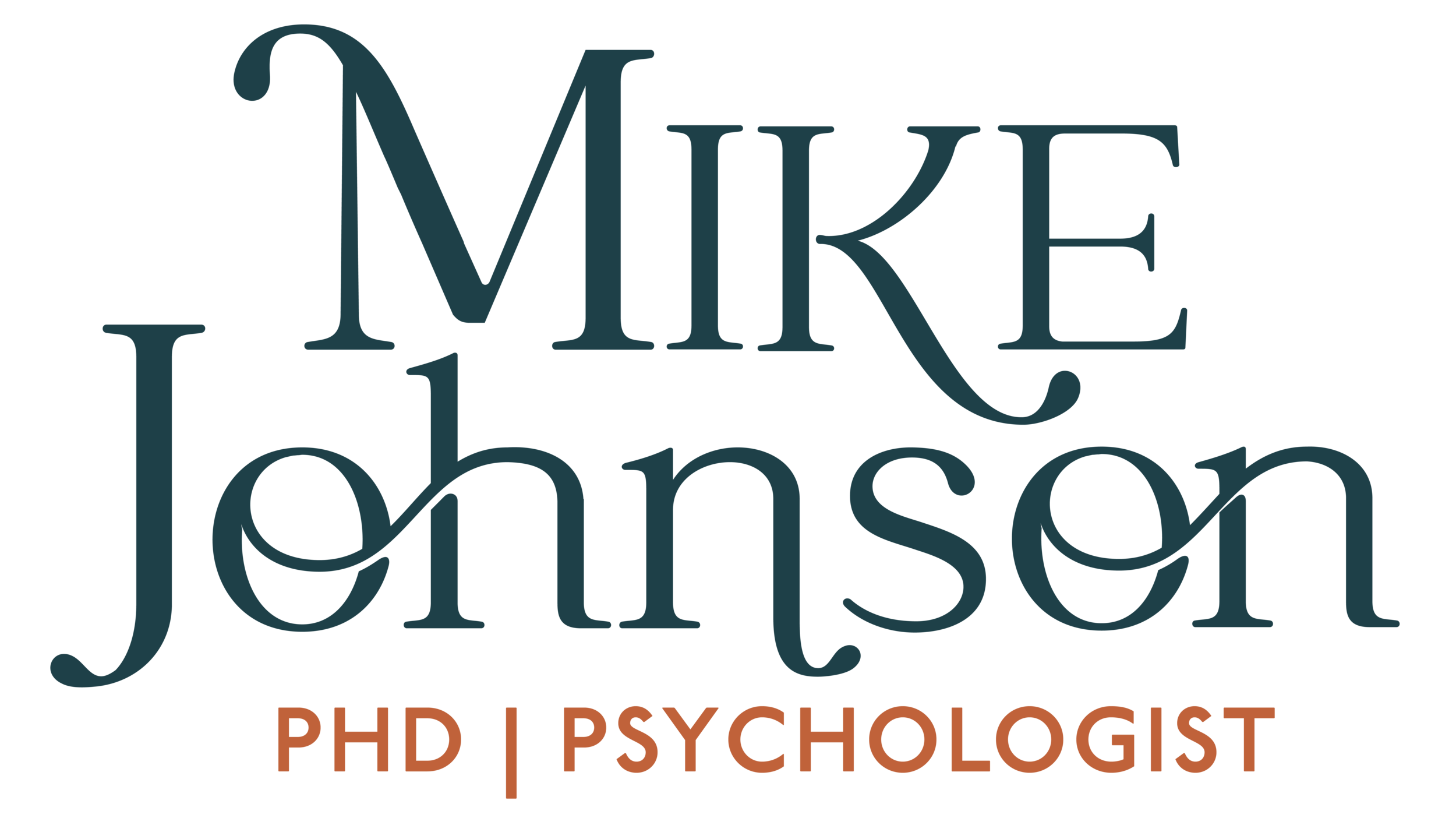Why Therapy is Good for Everyone
Therapy is a process of meeting with a mental health professional to address mental and emotional struggles in healthy living. It is a process that requires a significant investment of emotion, time, and financial resources, and there is no guarantee that it will work. So, why would anyone be willing to participate in it? I will give you 10 reasons for pursuing therapy.
Hearing Our Self-Talk Reflected Back
We are used to being in our own head, engaging in various forms of self-talk and not willing to scrutinize them - no matter how absurd they sound. When we speak aloud the thoughts we think and have them reflected back to us, sometimes it can be easier to hear the inaccuracies and unfair judgment. For example, when you say aloud, "I suck at my job" and your therapist re-states that judgment back to you, you may be able to hear how extreme and inaccurate it sounds. Hearing our self-talk spoken by a therapist can be jarring enough for us to see how inaccurate our self-talk can be.
Learning to Treat Ourselves with Compassion
Much of our difficulty in living comes from negative self-judgment and self-mistreatment. We often develop the problematic habit of mentally beating ourselves up for our mistakes and imperfections. The tendency to punish ourselves takes a toll on us by unnecessarily triggering our sympathetic nervous system resulting in exhaustion and maintaining an adversarial relationship with ourselves. This self-punishing tendency also undermines our confidence and ability to feel comfortable in our own skin. Learning to treat ourselves with self-compassion is an act of self-love that we can learn to apply through therapy.
Enacting Accountability
All of us have challenges in living that negatively affect our relationships, ability to cope with stress and pursue goals, and/or efforts to engage in healthy habits. We learn problematic thinking patterns and unhealthy emotion management skills, develop behaviors that hurt others (and ourselves), and have blind spots in our self-awareness. Therapy helps us with taking responsibility for how we show up in the world.
Developing Empathy
Suspending our perspective enough to put ourselves in another person's shoes is empathy. Living in a "bubble" is a significant deterrent to developing and maintaining empathy because we end up living in a self-contained world that reinforces current beliefs and perceptions rather than challenging us to perceive our experience from a different vantage point. While many of us living in the U.S. are exposed to similar values, processes and cultural beliefs, there are significant differences that are equally important to understanding another's experience. Empathy is a necessary skill to developing healthy relationships and strong communities and therapy can help us to develop it.
Modifying Self-Limiting Beliefs
Through the course of living, we often adopt self-limiting beliefs that are erroneous and/or distorted. They prevent us from living life and achieving goals with maximum internal and external resources available to us. For example, if you have the belief, "No one wants to date me" you are going to operate in such a manner that confirms that self-limiting belief. For example, your mood may be sullen and not so enthusiastic on a date and you might lead with your perceived shortcomings - increasing the likelihood that the other person will not want a second date. Therapy can help us to identify those self-limiting beliefs and remove them from our life.
Thinking About Thinking
Another way therapy can help us is by encouraging us to observe our thoughts and patterns of thinking. Our brain loves a good short-cut. Unfortunately, those short-cuts can and often do result in distortions of reality. Dichotomous or black and white thinking is a common thinking distortion where we see only extremes and do not consider more subtle options. For example, seeing people as either all good or all bad prevents us from seeing degrees of both qualities within everyone. Therapy can assist us by identifying problematic thinking habits and learning to replace them.
Developing Coping Skills
Life is stressful and we are not born knowing how to deal with all the challenges we face. Therapy can help us to identify gaps in our self-care and coping strategies and shore them up so that we are better equipped to manage stress.
Aligning Our Needs with Our Actions
A common experience is that we apply an inappropriate substitute for getting an emotional need met. For example, when feeling lonely, we turn to ice cream and other comfort foods to soothe the loneliness and ignore the desire for connection. In doing so, we are misaligning our efforts with our needs. If we rely on a misaligned approach, we are likely to cause other problems in living such as physical health problems. Therapy can help us realign our needs and actions so that we produce healthy outcomes for ourselves.
Self-Protective Strategies
In dealing with adversity, each of us has developed psychological defenses - ways in which we protect ourselves from pain and discomfort. Unfortunately, many of us utilize these defenses well past their shelf life. When that happens, those defenses that once protected us are not part of the problem. They prevent us from seeking help, having healthier relationships, taking more calculated risks, making decisions that are in our own best interests, and/or leaving unhealthy situations. Therapy can help us recognize when those defenses are no longer effective and learn to relinquish them.
Knowing Our Inner Life
Another area that tends to contribute to problematic mental health experiences is failing to understand our inner life. Each of us has an inner life that consists of thoughts, emotions, and sensations. These facets give rise to actions and comprise our unique psychology. Understanding our psychology allows us to understand how experiences have shaped us, why we respond in a particular way to certain stimuli, recognize and appreciate our strengths and positive qualities, and identify problematic mental and emotional habits that we may be able to resolve. Therapy can help us to increase our understanding of our psychology.

